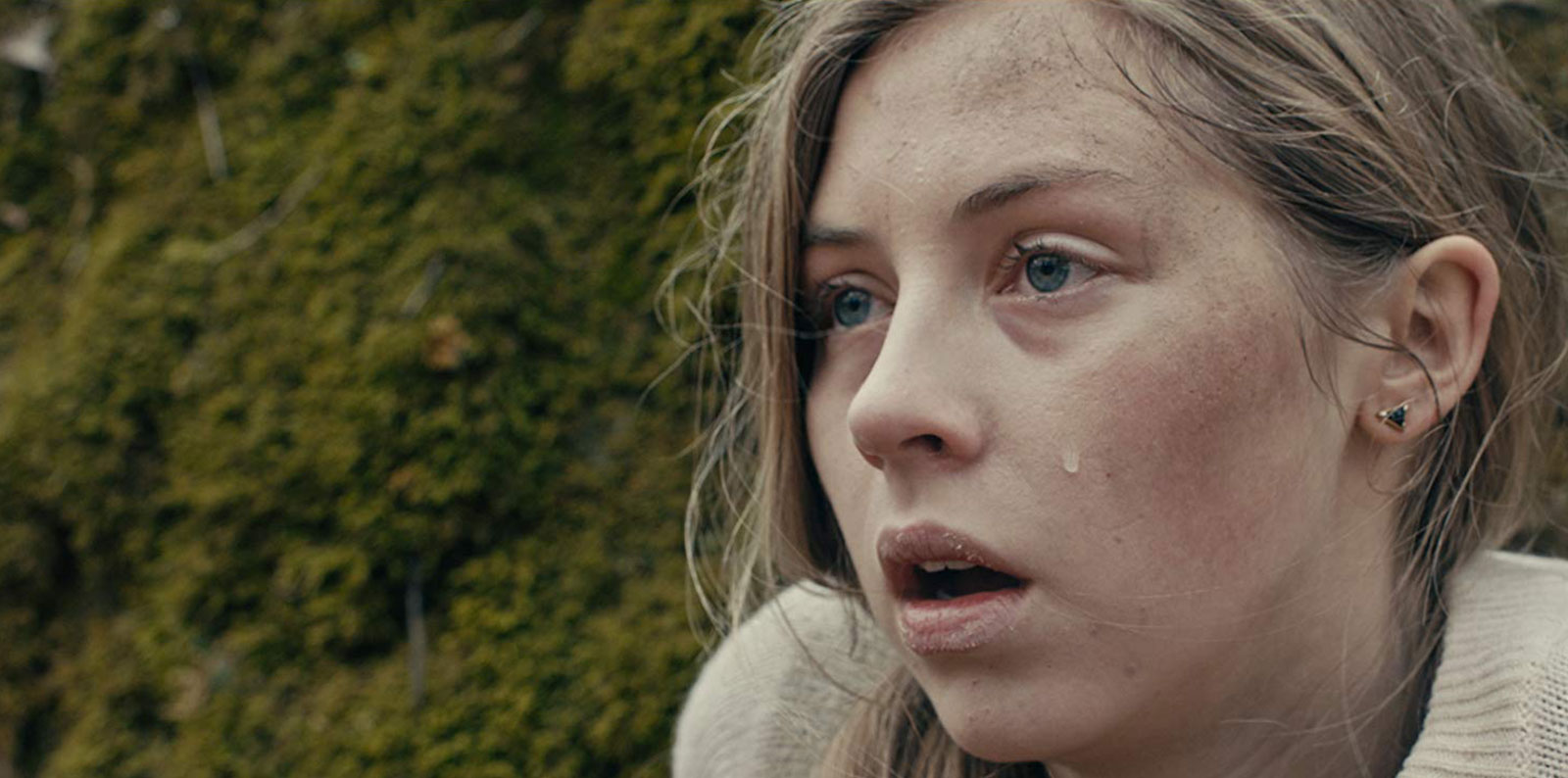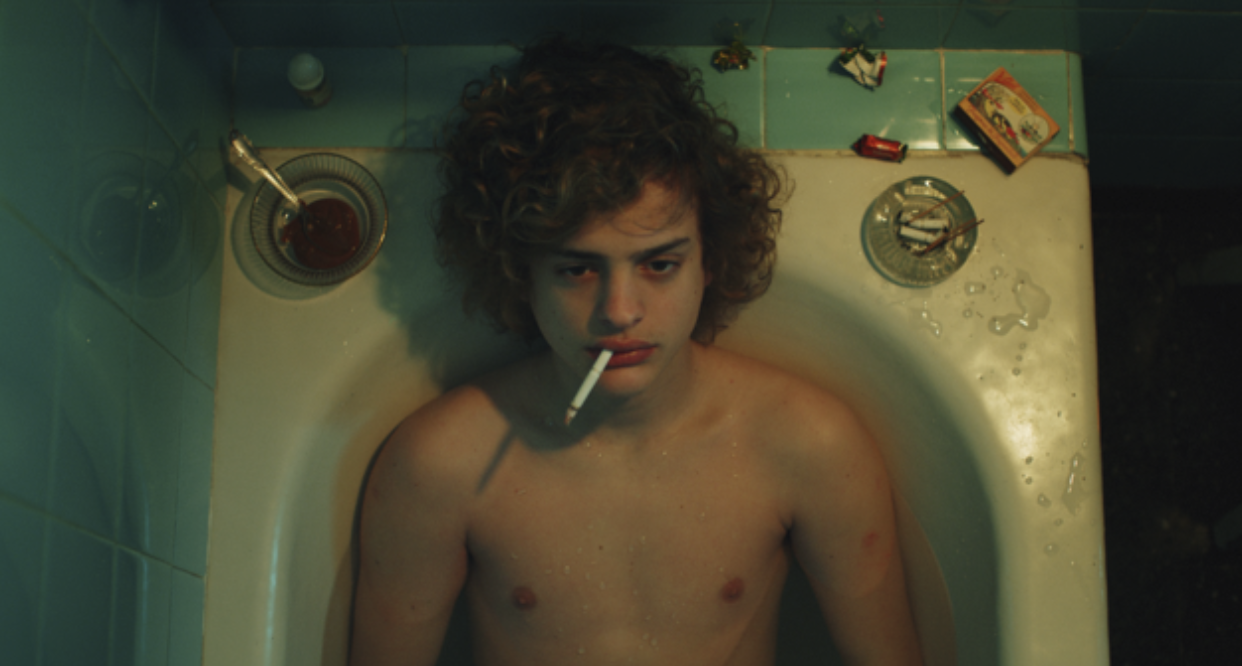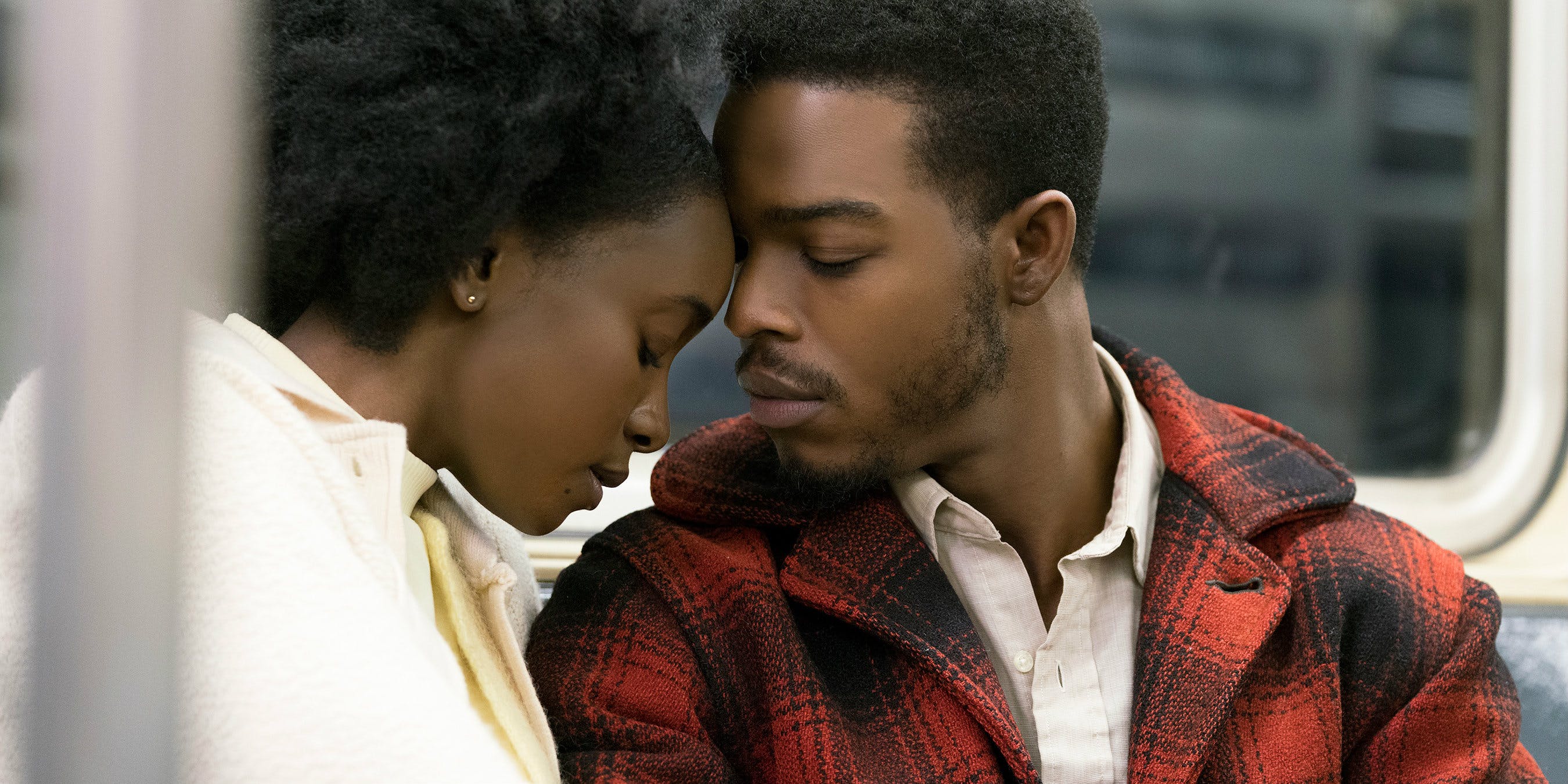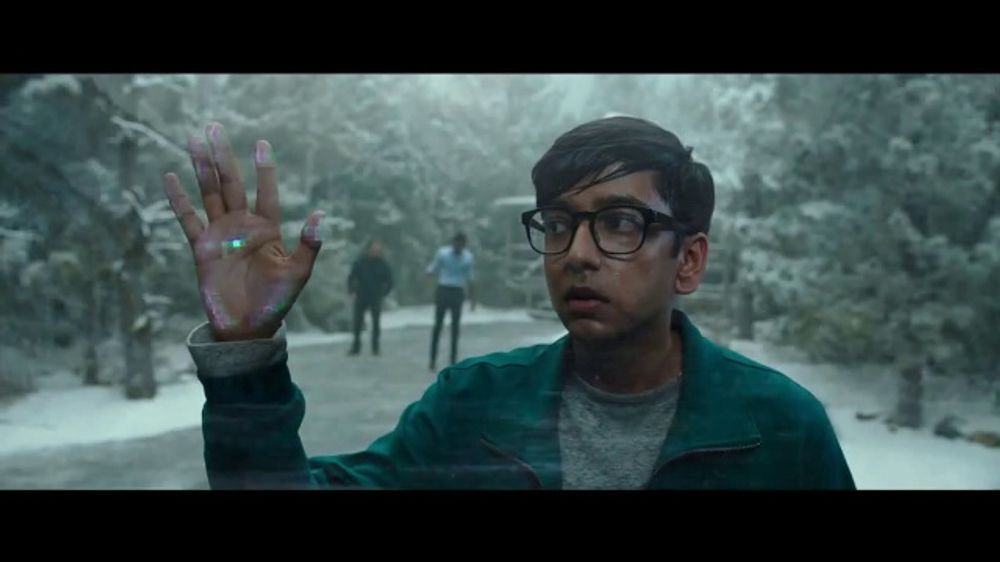FULL LIST OF HORROR 101 AT GATEWAY FILM CENTER ANNOUNCED
National panel of experts selects titles for the new program
In 2017, Gateway Film Center launched its most ambitious program ever, Cult 101, which was a celebration of the best cult films of all-time. Selected by a national panel of experts, all 101 films were screened at the center in 2017, and presentations were often paired with conversations, expert analysis, and always with a healthy dose of audience affection. Many of the films were presented as restorations, sometimes in 4K, or on 70mm or 35mm film.
Now, one year later, the center will launch a companion program, Horror 101, paying tribute to the best of those films that scare, unsettle or disturb.
“As soon as Cult 101 ended, I started getting requests for more programs that were similar to it in scale and scope,” said Gateway Film Center President, Chris Hamel. “With the amazing impact these films have had on our culture, and the spirited debates horror films seem to create, Horror 101 was the obvious choice for a new program.”
National and local news outlets, filmmakers, studios, distributors, critics and programmers were selected to help the film center with its final picks. Contributors include representatives from Warner Brothers, Lionsgate, IFC Films, Paramount, MPI Media and Dark Sky Films, Magnolia Pictures, Nightmares Film Festival, Days of the Dead, Fangoria, Maddwolf, and more.
The program begins Valentine’s Day with Candyman (1992) at 7:30 p.m. The complete list of films is below, and their screening times will be revealed each quarter, treating Horror 101 as four seasons of top horror film.
The first screening schedule will be announced on January 15.
Normal Gateway Film Center ticket pricing will apply to all screenings. Most screenings are free to myGFC members. Visit www.gatewayfilmcenter.org for more information.
Here is the list of Horror 101 titles, listed alphabetically:
28 Days Later (2002)
A Nightmare On Elm Street (1984)
Alien (1979)
Altered States (1980)
The Amityville Horror (1979)
An American Werewolf In London (1981)
Antichrist (2009)
Audition (1999)
The Babadook (2016)
Battle Royale (2000)
Beetlejuice (1988)
The Birds (1963)
Black Christmas (1974)
The Blair Witch Project (1999)
The Bride of Frankenstein (1935)
The Cabin In The Woods (2012)
The Cabinet of Dr. Caligari (1920)
Candyman (1992)
Carnival of Souls (1962)
Carrie (1976)
Cat People (1942)
The Changeling (1980)
Child’s Play (1988)
The Creature From The Black Lagoon (1954)
Creepshow (1982)
Dawn of the Dead (1978)
Dead Alive (1992)
The Descent (2005)
Don’t Look Now (1973)
Donnie Darko (2001)
Dracula (1931)
Drag Me To Hell (2009)
Eraserhead (1977)
Evil Dead II (1987)
The Evil Dead (1981)
The Exorcist (1971)
The Fly (1986)
Frankenstein (1931)
Friday the 13th (1980)
Fright Night (1985)
Get Out (2017)
Godzilla, King of the Monsters! (1954)
Halloween (1978)
Halloween III: Season of the Witch (1982)
Hellraiser (1987)
Hereditary (2018)
High Tension (2003)
The Hills Have Eyes (1977)
Horror of Dracula (1958)
The House of the Devil (2009)
House On Haunted Hill (1959)
I Saw The Devil (2010)
Inside (2007)
Invasion of the Body Snatchers (1956)
Jacob’s Ladder (1990)
Jaws (1975)
King Kong (1933)
The Last House On The Left (1972)
Let The Right One In (2008)
The Lost Boys (1987)
Martin (1977)
Martyrs (2008)
Masque of the Red Death (1964)
Misery (1990)
The Mummy (1932)
Near Dark (1987)
Night of the Creeps (1986)
Night of the Hunter (1955)
Night of the Living Dead (1968)
Nosferatu (1922)
The Omen (1976)
The Orphanage (2007)
Pan’s Labyrinth (2006)
Paranormal Activity (2007)
The People Under The Stairs (1991)
Pet Semetary (1989)
Phantasm (1979)
Poltergeist (1982)
Psycho (1960)
Re-Animator (1985)
Return of the Living Dead (1985)
The Ring (2002)
Ringu (1998)
Rosemary’s Baby (1968)
Saw (2004)
Scanners (1981)
Scream (1995)
Se7en (1995)
The Shining (1980)
The Silence of the Lambs (1991)
The Sixth Sense (1999)
Suspiria (1977)
The Texas Chainsaw Massacre (1974)
The Thing (1982)
Trick ‘r Treat (2007)
Videodrome (1983)
The Wicker Man (1973)
The Witch (2015)
The Wolf Man (1941)
Zombie (1979)









